Are Grocery Stores Liable When I Slip and Fall?
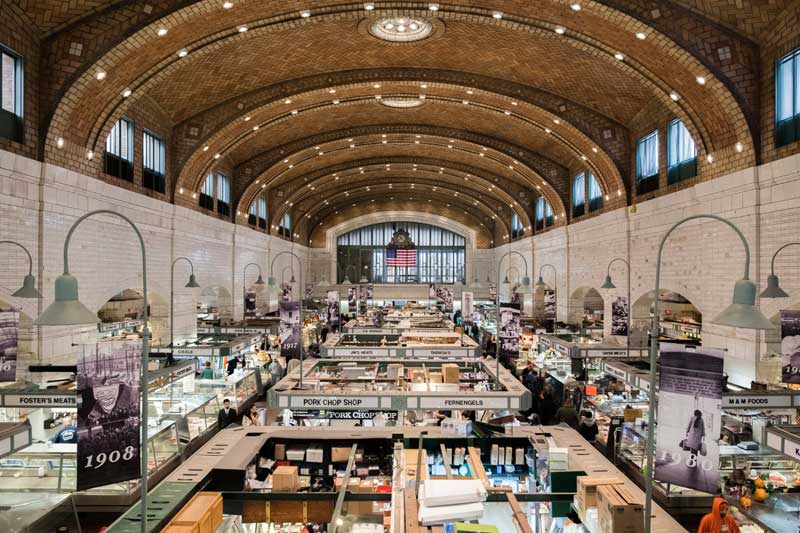
Tripping, slipping, or falling is many-times inconsequential. However in some instances, a fall—even from a short distance—can have serious health implications. Additionally, statistics show that as individuals get older, injuries associated with falling become frighteningly serious and can sometimes result in death.
When an individual is injured from a fall through no fault of their own, they are entitled to seek financial compensation from the responsible party, which in most cases is the property owner. This legal claim is colloquially called a “slip and fall” case. Slip and fall accidents can—and often-times do—take place anywhere. The local supermarket or grocery store is no exception. Slip and fall accidents occur in grocery stores rather frequently. The reasons for this are plenty; here are a few of the common ones:
- Wet, slippery tile floors (from mopping, busted grocery products, melted snow from others’ shoes, etc.)
- Unplowed parking lot snow or untreated slick ice
- Dangerously located displays or stands
- Heavy, unwieldy products on higher shelves
- Misplaced carts, pallets, or baskets
- Cracked or uneven pavement
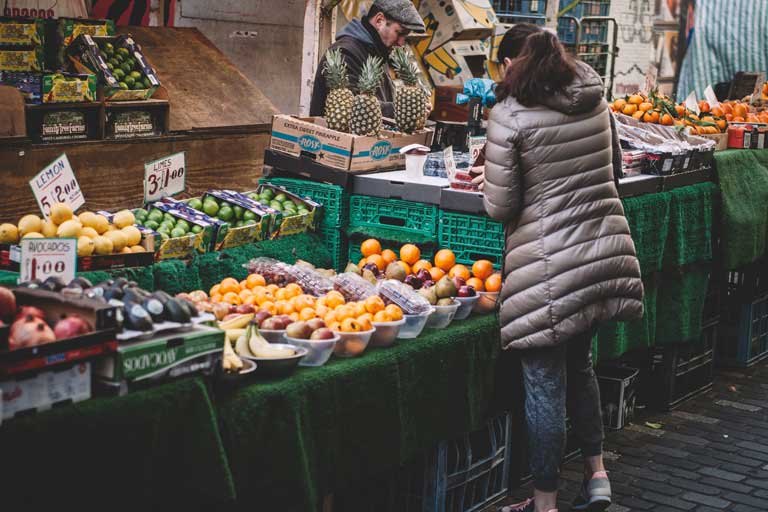 Store owners, as well as their paid employees, have a legal responsibility to keep their facilities safe for their patrons. Notice in the above mentioned list that this responsibility extends to the outside of the store as well. As long as the accident occurs on the owners property (which almost always includes the parking lots, sidewalks, and walkways), the store is liable.
Store owners, as well as their paid employees, have a legal responsibility to keep their facilities safe for their patrons. Notice in the above mentioned list that this responsibility extends to the outside of the store as well. As long as the accident occurs on the owners property (which almost always includes the parking lots, sidewalks, and walkways), the store is liable.
Proving a Slip and Fall at the Grocery Store
When considering filing a claim against a grocer, one of these key points must be proven:
- The grocery store caused the dangerous condition that lead to your injury
- The grocery store had foreknowledge of the dangerous condition that led to your injury, but chose to ignore it
- The dangerous condition that led to your injury was present for such a length of time that the grocery store should have known about the possible danger
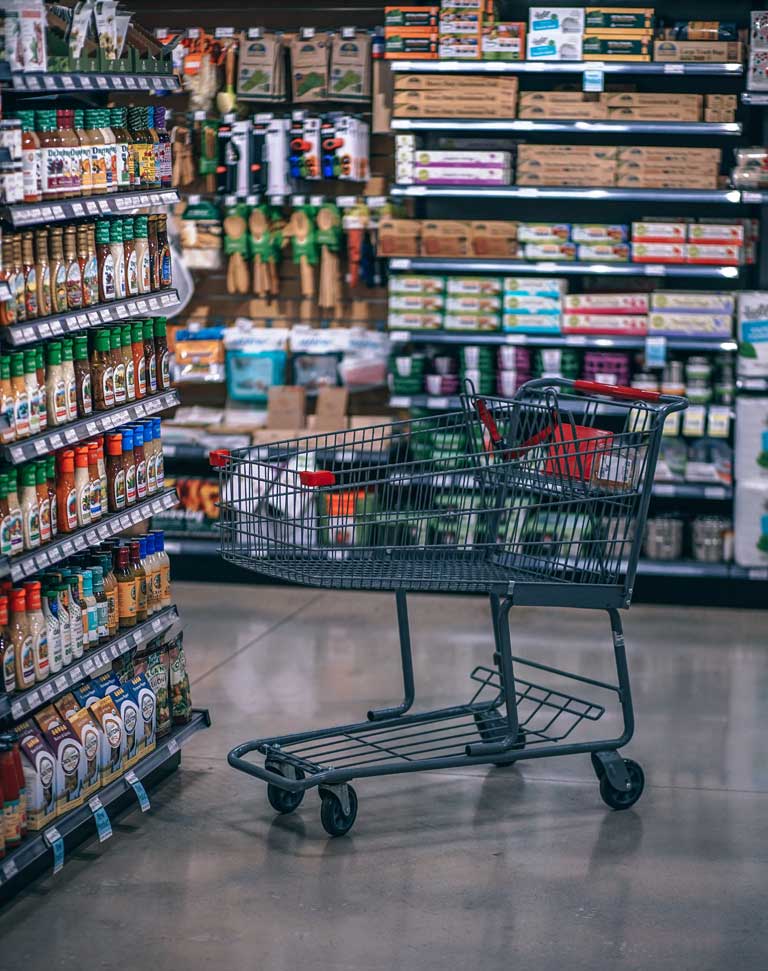
Proving the legitimacy of your fall is surprisingly difficult in a court of law. Fortunately, compared to other slip and fall disputes, gathering evidence is somewhat easier when the incident occurs within the grocery store setting. For one, there are almost always other bystanders that see or hear the accident as it occurs. These witnesses can be provide valuable testimonies if need-be.
Secondly—and perhaps more importantly—many grocers, especially larger grocery chains such as Albertsons, Walmart, or Kroger, establish security cameras all over their building, inside and out. These cameras document almost every second in every corner of the store, and can be valuable evidence for you and your legal representative.
In-fact, the surveillance footage of an Arizona Walmart Supercenter led a Phoenix man to a $7.5 million settlement from a slip and fall that occurred in 2015. The man was reaching for a melon in a crate when his foot got caught in an underling pallet. When the case went to litigation, the plaintiff’s attorney requested past security footage of the melon crate. They found that many shoppers tripped over this same pallet, and yet the store ignored the hazard. The court used the archived footage to award the man a sizable settlement.
This is a prime example of utilizing the expertise of a legal professional to maximize your settlement recovery. Your attorney will help you build a strategy to ensure the fairest outcome possible.
Talk to An Attorney NowSteps to Take if Injured at the Grocery Store
If you suffer injuries from a slip, trip, or fall at the grocery store, consider taking these steps following the accident:
If you’re able, gather as much evidence of the scene as possible; take pictures of the hazardous conditions, of the people at the scene, and of your injuries
If you can, document the individuals that witnessed the fall and ask to get their contact information
If you’re able, ask to speak to the manager-on-duty or owner. Make sure that the store knows exactly what happened, how it happened, and why it happened. Gather the contact information of these individuals if they’ll allow you
Ask for a copy of the security footage
At a later time, contact an experienced attorney to discuss your legal options
Grocery store owners—just like any other owner of property—have a duty to maintain their premises and ensure the safety of their patrons. Most grocers have well-defined safety policies and building codes. Many slip and falls are the result of owners, managers, and employees deviating from these established safety protocols. In these instances, contact an experienced legal professional to discuss your options.

 Can I Sue my HOA for a Slip and Fall?
Can I Sue my HOA for a Slip and Fall? Can I Sue my HOA for Unsafe Conditions?
Can I Sue my HOA for Unsafe Conditions?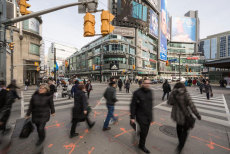 Can I Sue the City for Tripping on Uneven Sidewalks?
Can I Sue the City for Tripping on Uneven Sidewalks?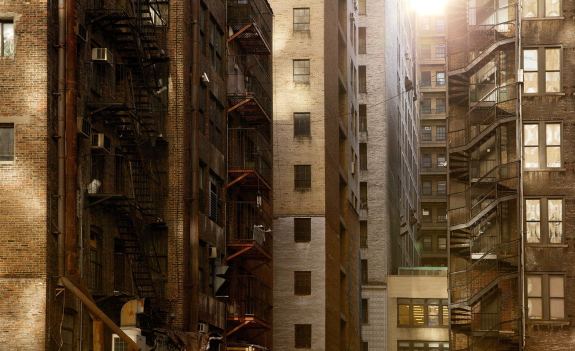 Can I Sue my HOA for a Slip and Fall?
Can I Sue my HOA for a Slip and Fall?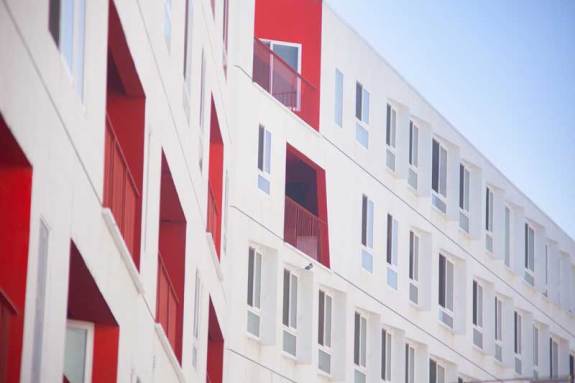 Can I Sue my HOA for Unsafe Conditions?
Can I Sue my HOA for Unsafe Conditions?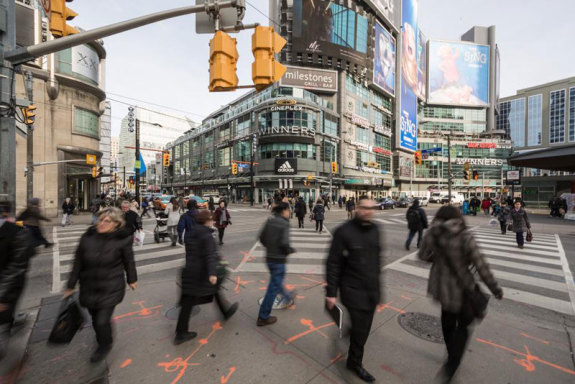 Can I Sue the City for Tripping on Uneven Sidewalks?
Can I Sue the City for Tripping on Uneven Sidewalks?


